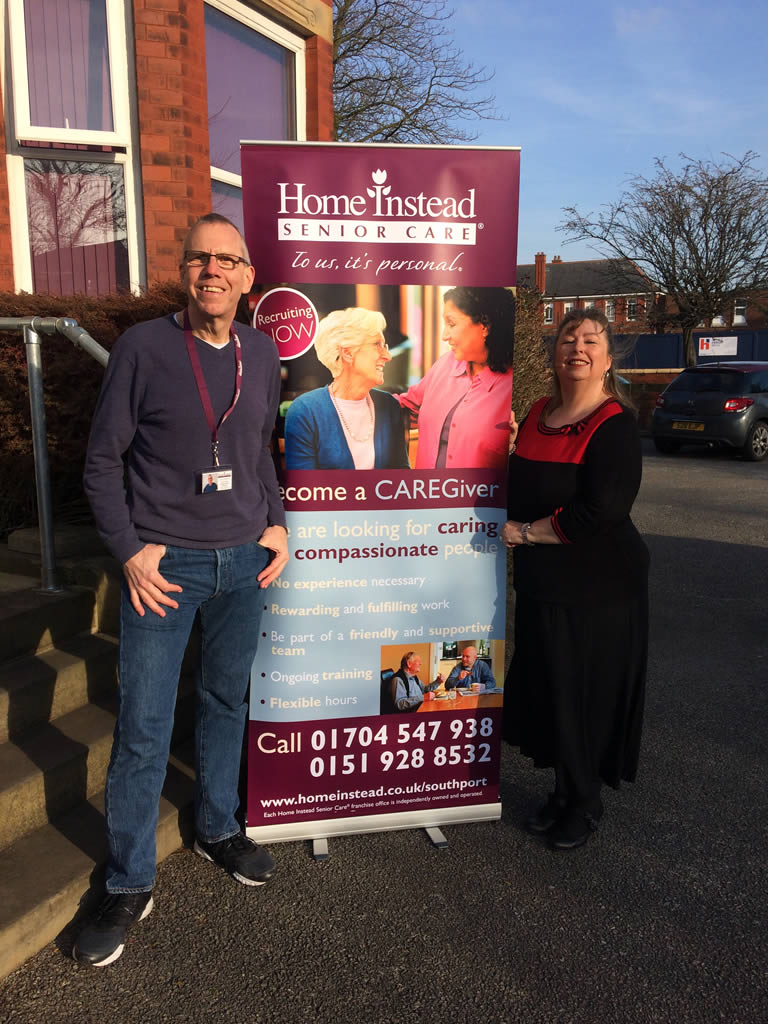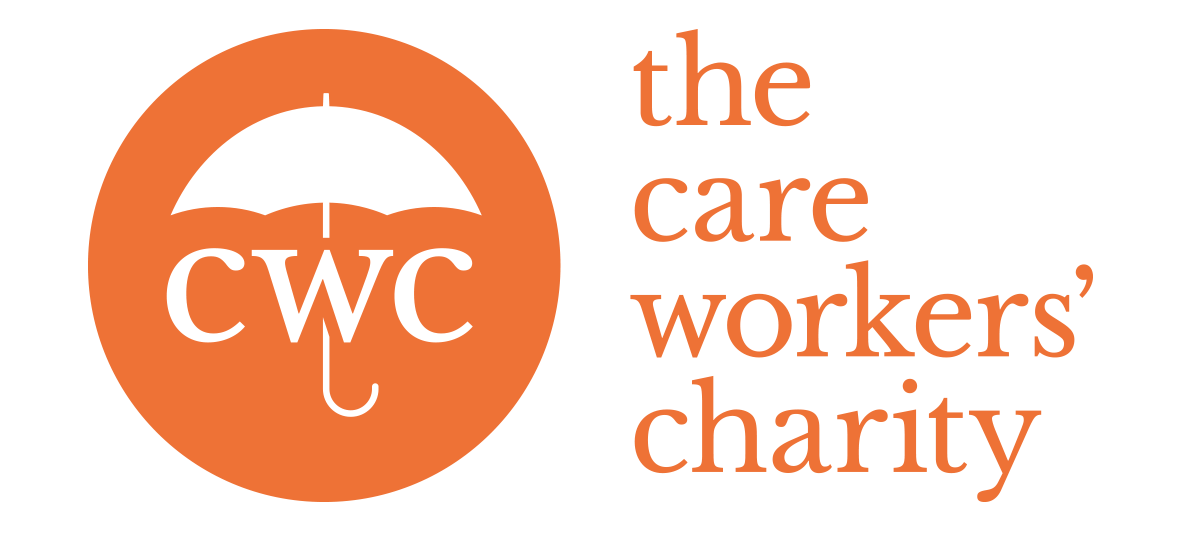The new direction that changed my life
We recently held a writing competition, asking those in the care sector to tell us about their vivid experience whilst at work. We were glad to receive more articles than we expected and were really touched by all the stories we read. We will be publishing a number of those articles over the coming weeks. Today we are pleased to announce the first of our winners, Andrew Edwards, who is a Care Giver at Home Instead Senior Care, Southport. We hope you enjoy his story as much as we did!
It was the breakthrough moment I will never forget.
My client had had a difficult night, which had turned into an even more difficult morning.
Disorientated, upset and confused, he didn’t know where he was, whether it was day or night, or where his wife was.
He certainly didn’t remember who I was as I found him stood alongside his bed in his pyjamas as I arrived to support him in getting up and about for the day.
Yet 15 minutes later we were laughing together, he was re-assured and I heard the words you never forget as a carer – ‘Thank you, you’re a star.’
Patiently and with clarity I had told him it was first thing in the morning, he was in his own home and his wife was downstairs making him a lovely mug of tea and his breakfast.
I told him it was fine to forget things and started to talk about those distant, treasured memories that I knew he still had locked away in his mind; his evacuation during the war, the day he played football at Everton’s Goodison Park ground and how he used to do the scoring for his dad’s cricket team.
Soon he was showered, in his clothes and downstairs getting stuck into a round of jam on toast.
It’s the warmth you get from those small victories that make this challenging occupation so rewarding
Andrew Edwards, Homes Instead Senior Care, Southport with Sandra Beswick, Recruitment Manager

I had come into the caring profession from an entirely different background, as an executive who had taken early retirement, but wanted a new challenge – one that gave the chance to give something back.
It’s only been around three months now, so it still feels very new to me, but it’s been three months that have changed my life … and my outlook towards the elderly.
I’m caring for five people now, aged between 70 and 90. From each one of them I have already experienced uplifting moments that help to convince me that the highs massively outweigh the lows.
The extensive training I received at Home Instead prepared me well for my first clients and the support I have had along the way has been invaluable.
But I think there is something special in the hearts of people who have chosen to care for others as a profession.
It’s not for everyone. One minute you are helping a client to use the toilet, or assisting somebody out of the bath.
But then you are sitting down with a wonderful human being who has lived an extraordinary life.
Someone who was once the kingpin of their profession and highly respected by their colleagues – as you can see from the good luck retirement card in their memory box.
Someone who once played football and cricket at the highest level, someone who remembered building an Anderson shelter in their garden during the Blitz.
Someone who remembers being allowed to open and close the level crossing gates at the railway line outside the village they were evacuated to during the war.
Someone who loves their wife, their grown up kids and their grandchildren.
Someone who still deserves to be treated with dignity and respect.
Someone who must be in the most terrible of dark places when they can’t remember those beautiful moments in their life any more. It’s a privilege to know and to help these people.
I’ve sung songs, shared jokes, jogged memories and swapped stories with some lovely senior citizens – and I have every intention of doing so for as long as I am fit enough and capable enough to do so.
In the short space of time that I’ve been doing this job I have learned some essential values:
DON’T assume the people in your care are incapable but DO find out from them what they want you to do and what they want to do for themselves.
DON’T shut them out of the conversations that you have with others around them. Even family members can forget to be inclusive.
DO encourage them to talk to you at length and dig into their furthest and fondest memories.
DO allow them to tell their stories time and time again on every visit – as if it’s the first time you’ve heard it!
Most of all, respect them as fellow human beings and treat them as adults.
Why on earth do so many people revert to baby peak when communicating with the elderly?
My journey into care started when I spent two years helping my 87-year-old mum in her successful battle with two bouts of cancer.
If I treated her as a child I would have got a thick ear. And I would deserve the same if I did it with my clients now!
